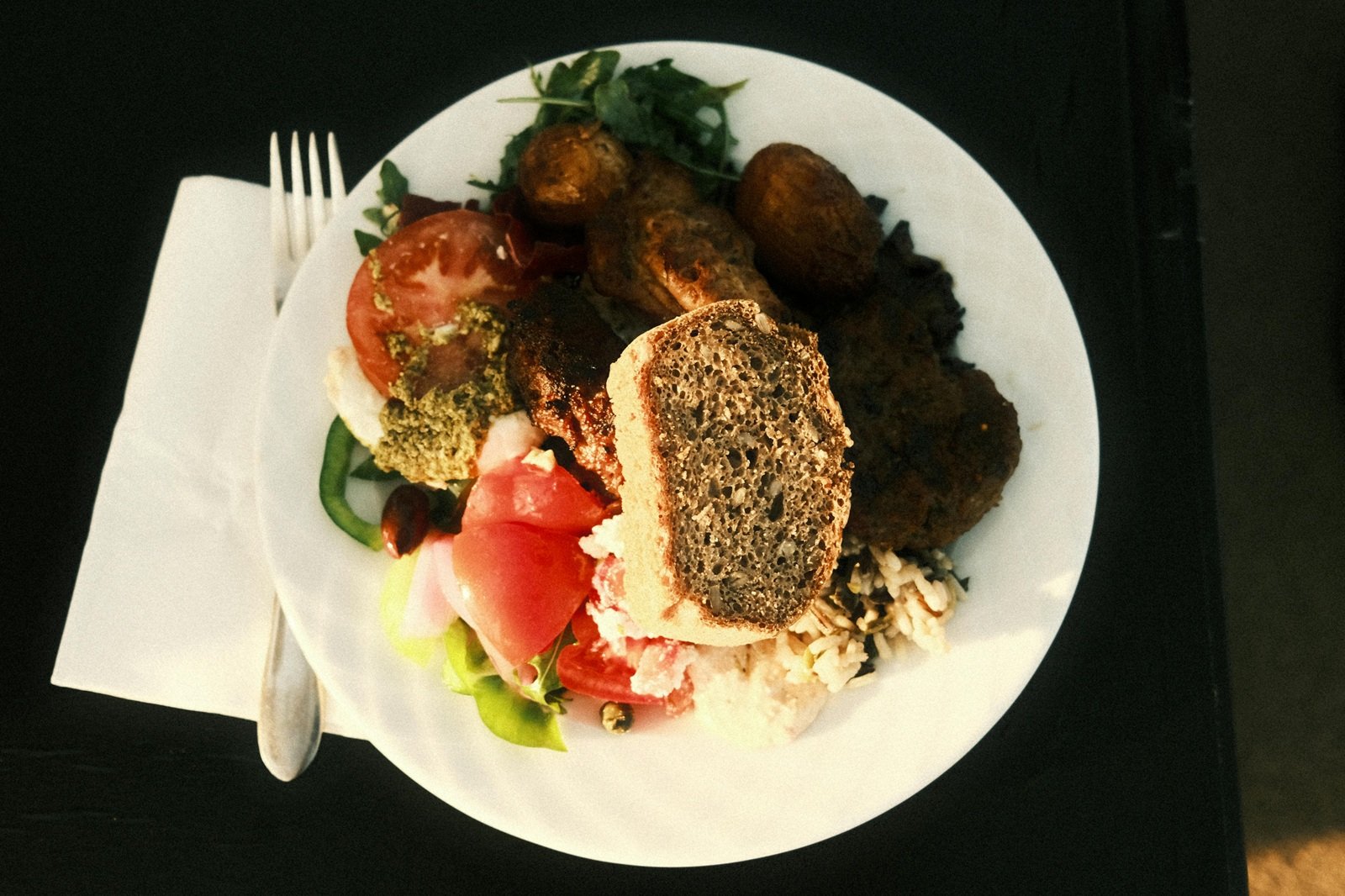Moving to a plant-based diet can be transformative—for health, performance, and the planet. But without planning, some common nutritional gaps can slowly undermine your fitness progress.
Beow are the top 5 plant-based pitfalls, why they matter, and exactly how to fix each one.
1. Underfueling: Not Eating Enough Calories or Protein
Why it matters:
According to a 2024 Review, plant foods often have lower calorie density, making it easy to unintentionally under-eat—especially when ramping up workouts. Plus, total protein intake often decreases on stricter plant-based diets.
How to fix it:
- Track intake using apps like Cronometer for a few days to ensure you’re meeting energy/protein targets.
- Include calorie-dense whole foods such as oats, nut butters, seeds, avocados, quinoa, tofu/tempeh.
- Protein goal: Aim for 1.6–2.2 g/kg of body weight, particularly if lifting or endurance training.
- Mix protein sources at each meal (legumes + grains, seeds, soy, vegan protein powders).
2. Protein Quality: Missing Key Amino Acids
Why it matters:
Even if total protein is adequate, plant proteins may be poor in essential amino acids like leucine and lysine—crucial for muscle repair.
How to fix it:
- Rotate diverse sources: lentils, chickpeas, edamame, soy, quinoa, seeds, and vegan protein powders.
- Focus on legumes and soy (e.g., lentils, tofu): high in those key amino acids.
- Ensure each meal contains complementary proteins—even simple combos like rice + beans work.
3. Iron & B12: Hidden Energy Saboteurs
Why it matters:
Plant iron (non-heme) is poorly absorbed, and B12 is absent in unfortified plants. Deficiencies can cause fatigue, poor recovery, and hampered oxygen delivery.
How to fix it:
- Iron: Include lentils, greens, seeds, dried fruit—combine with vitamin C-rich foods (e.g., citrus, bell peppers) to boost absorption 2–6×.
- B12: Eat fortified foods (fortified plant milks, cereals, nutritional yeast) or take a supplement. Most vegans have lower B12 levels even with supplementation.
- Consider periodic blood tests (ferritin, hemoglobin, B12).
4. Omega-3s: Don’t Skip DHA/EPA
Why it matters:
Plant-based diets often rely on ALA (e.g., flax, chia, walnuts), but conversion into EPA/DHA is inefficient—only microalgae supplements reliably raise levels.
How to fix it:
- Eat ALA-rich foods daily: flaxseed, chia, walnuts.
- Supplement with microalgae-derived DHA/EPA to support joint recovery, brain function, and inflammation control.
5. Poor Nutrient Timing
Why it matters:
Performance and recovery rely not just on what you eat, but when. Without proper timing, even a full diet won’t fuel workouts or repair muscles effectively.
How to fix it:
- Pre-workout (1–1.5h before): 30–60 g carbs + 10–20 g protein (e.g., banana & vegan yogurt).
- Post-workout (≤45 min after): 20–30 g protein + carbs (e.g., pea-protein smoothie with berries and oats).
- Maintain balanced meals throughout the day with protein, carbs, fats, and micronutrients.
| Pitfall | Impact | Fix Strategy |
|---|---|---|
| Underfueling | Low energy, stalled progress | Track calories + protein, add dense foods |
| Weak protein quality | Poor muscle synthesis | Diverse proteins, amino acid focus |
| Low iron & B12 | Fatigue, weak recovery | Iron + vitamin C, fortified B12 or supplements |
| Missing DHA/EPA | Inflammation & brain fatigue | Include microalgae omega-3 supplement |
| Misaligned nutrient timing | Reduced performance/recovery | Pre-/post-workout nutrition strategy |
Final Word
A well-structured plant-based diet can absolutely support high-level fitness—but only with careful attention to calories, protein quality, nutrient timing, and critical micronutrients.
Fix these five stealthy gaps, and you’ll optimize your strength, stamina, recovery—and your results.

